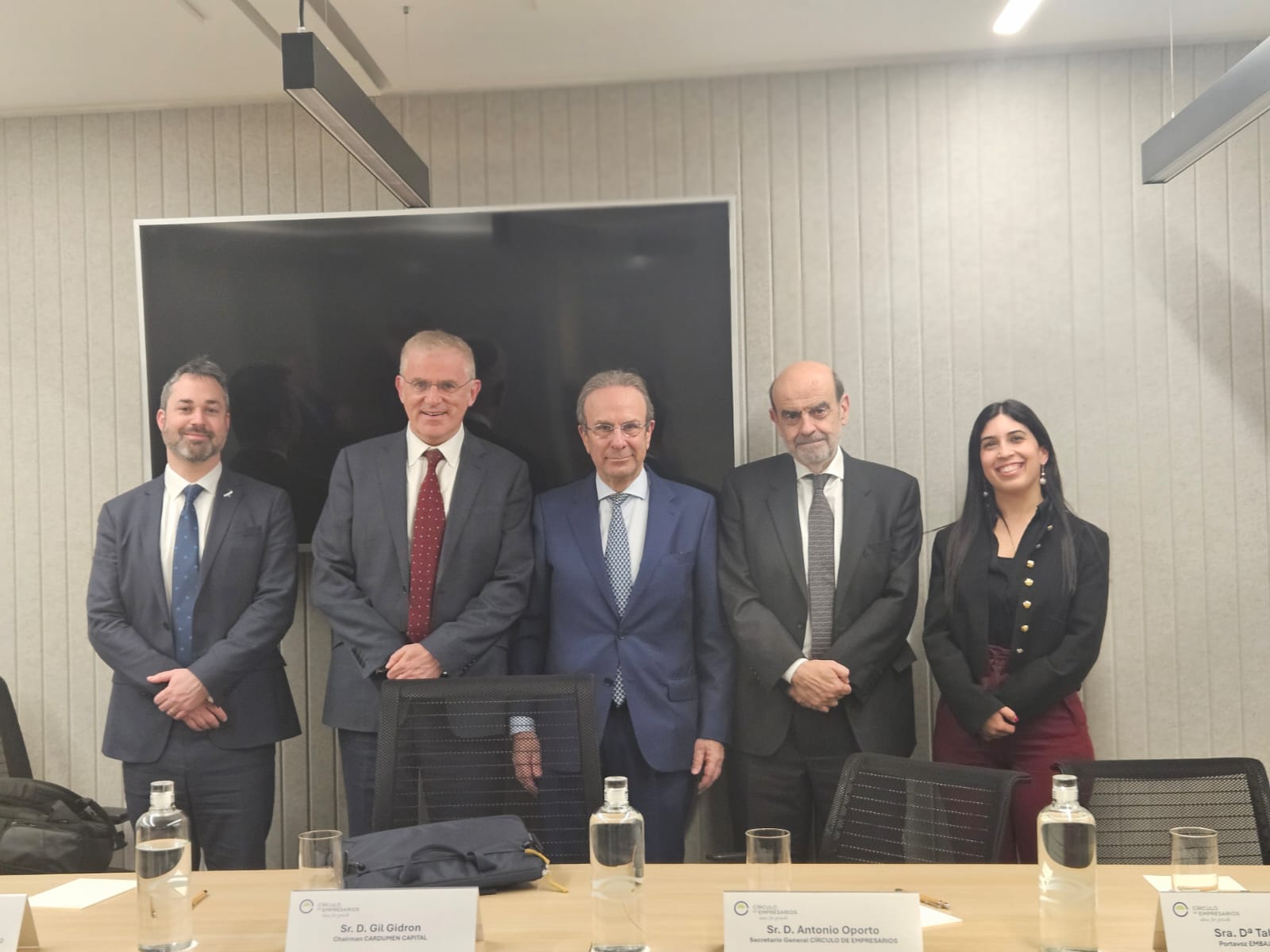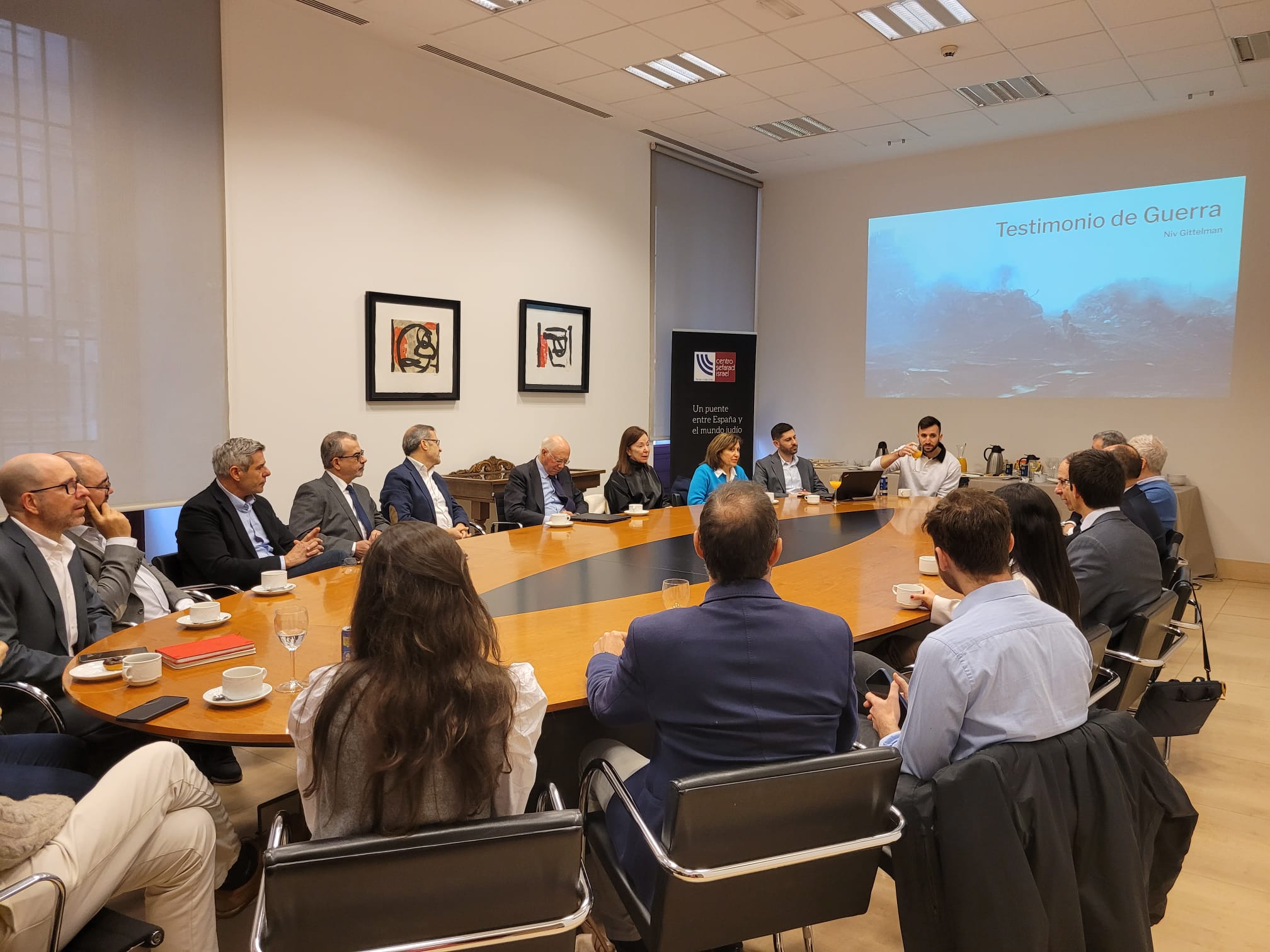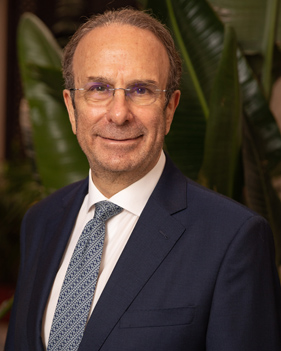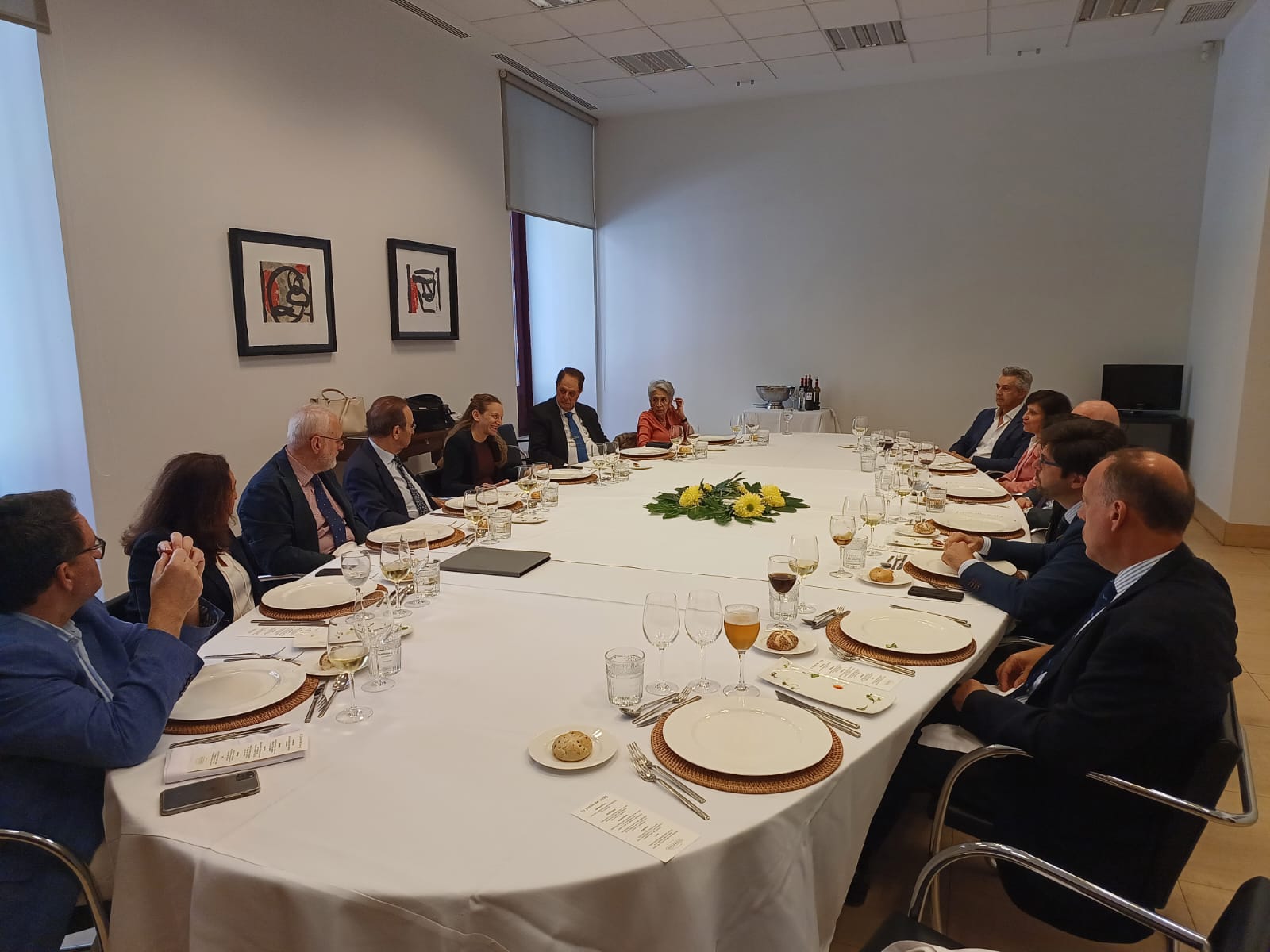By Abigail Klein Leichman October 11, 2012, No Comments
Women are the superstars of the vibrant Israeli biomed industry, filling leading roles as entrepreneurs, CEOs, funders and head researchers in this increasingly significant field.
On the business side is a passel of chief executive officers packing PhDs, including Kinneret Savitsky of BioLineRx, Anat Cohen-Dayag of Compugen, Pnina Fishman of CanFite BioPharma, Einat Zisman of Hadassit, the technology transfer company of Hadassah Medical Organization, and Yael Margolin of Gamida Cell.
Spread the Word
• Email this article to friends or colleagues
• Share this article on Facebook or Twitter
• Write about and link to this article on your blog
• Local relevancy? Send this article to your local press
On the investment side are biotech veterans such as Ruth Alon of Pitango Venture Capital, Israel’s largest fund of its kind; Michal Geva of TriVentures; Hadar Ron of Israel HealthCare Ventures; Anat Naschitz of OrbiMed; Dalia Megiddo of 7 Health Ventures; Elka Nir of Giza Venture Capital; Pennina Safer of Medica Venture Partners; and Ronit Bendori of Evergreen.
On the academic side, you’ve got Scientific American 50 list-ers such as Technion-Israel Institute of Technology biomedical engineering Prof. Shulamit Levenberg and Tel Aviv University microbiologist Prof. Beka Solomon.
Females comprise about 65 percent of Israel’s biotechnology workforce, and about 13 percent of top management positions in companies listed on the Tel Aviv Biomed index.
“Women are more attracted to everything that has to do with people: social sciences or life sciences,” says Technion industrial engineering and management Prof. Miriam Erez, head of Israel’s National Council for the Promotion of Women in Science and Technology.
Metallo Therapy founder and CEO Amal Ayoub speaking at an Israeli conference on women in business.
“Biomedical engineering has an element of life sciences, and what’s happening these days is that academic researchers and research centers are becoming more multidisciplinary,” Erez says, thus providing attractive opportunities for women in careers bridging engineering and life science.
“My prediction is that there will be more women in the future in areas considered to be male-dominated today.”
No barriers
Hamutal Meiri, 64, led the trend. After 16 years in academia, in 1991 she was asked to establish a national committee for coordinating Israel’s nascent field of biotechnology, she tells ISRAEL21c. Her goal was to turn scientific discoveries into a health-based industry.
“There was no infrastructure for an advanced biotechnological industry, and we had to build it,” Meiri says.





